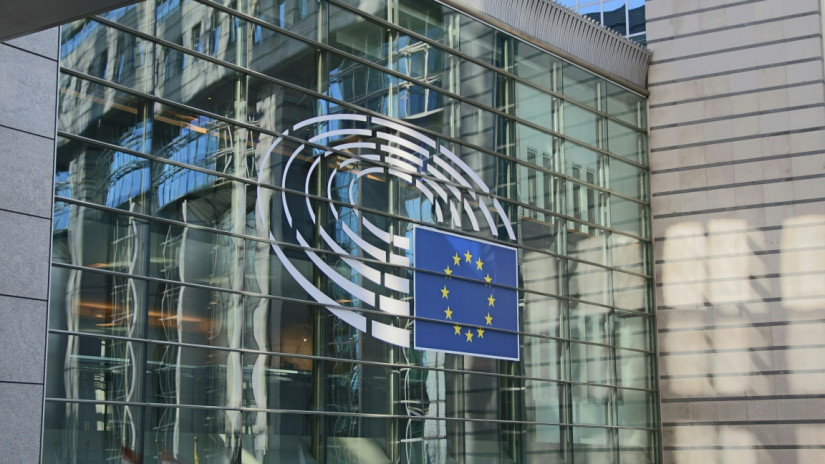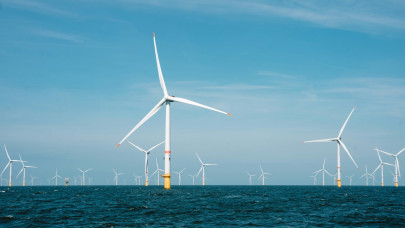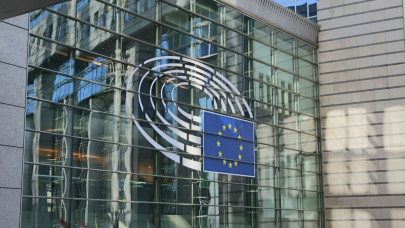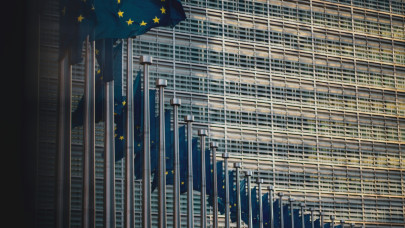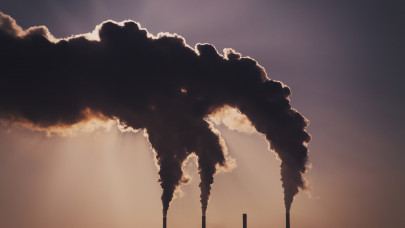The CRMA introduces strict timelines for permit procedures concerning EU extraction projects, empowers both the Commission and member states to designate projects as strategic, mandates supply-chain risk assessments, necessitates the development of national exploration plans by member states, and secures the EU's access to critical and strategic raw materials through ambitious benchmarks related to extraction, processing, recycling, and diversification of import sources.
The enactment of the Critical Raw Materials Act signifies our commitment to transforming the challenges posed by dependencies into strategic autonomy and economic opportunities. This legislative measure is poised to invigorate our mining sector, bolster our capabilities in recycling and processing, foster the creation of local, high-quality jobs, and ensure the readiness of our industries for the digital and green transitions, as expressed by Jo Brouns, Flemish Minister for Economy, Innovation, Work, Social Economy, and Agriculture.
A crucial aspect of the CRMA is the identification of two lists of materials—34 critical and 17 strategic—that are essential for advancing the green and digital transitions, as well as for sustaining the defence and space industries. Moreover, the CRMA sets forth three benchmarks pertaining to the EU's annual consumption of raw materials: 10% from local extraction, 40% to undergo processing within the EU, and 25% to originate from recycled materials.
To facilitate the development of strategic projects, member states will establish single points of contact at pertinent administrative levels and stages in the critical raw materials value chain. The regulation stipulates that extraction projects should be granted permits within a maximum period of 27 months, while recycling and processing projects should receive permits within 15 months, with limited exceptions designed to ensure meaningful engagement with affected local communities and comprehensive environmental impact assessments in complex cases.
Furthermore, the CRMA mandates that large companies engaged in manufacturing strategic technologies conduct risk assessments of their supply chains to identify vulnerabilities.
With the Council's approval of the European Parliament's position, the legislative act has now been formally adopted. Following signatures from the President of the European Parliament and the President of the Council, the regulation will be published in the Official Journal of the European Union and will come into effect on the twentieth day following its publication.

